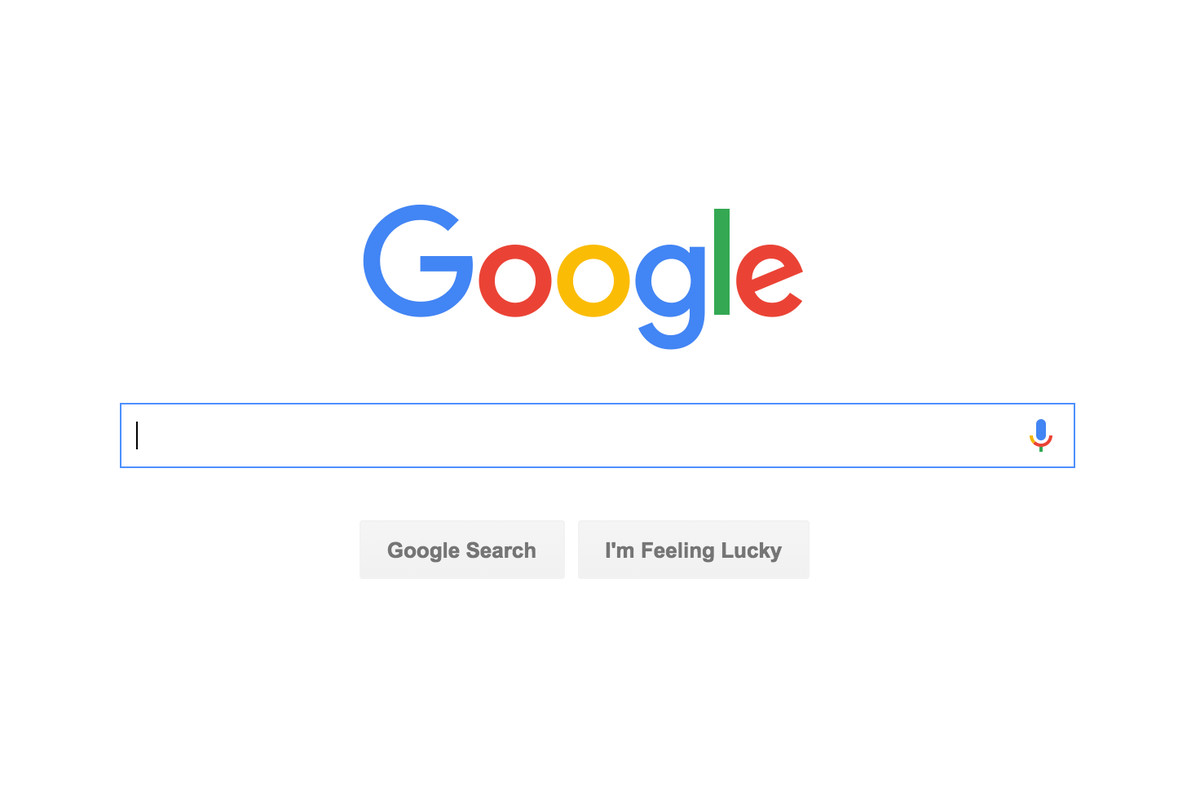; Date: Tue Jul 02 2019
Tags: Google »»»»
Google has a history of failure in social networking. Google+ was killed recently, and before that Google killed Orkut and Buzz. Instead Google is very good at developing tools and utilities. Should Google refocus on social networks? Or should Google continue down its path?

The attached video does a good job of documenting Google's failures at social networks. Then it seems to suggest Google would be a failure of a company if it does not develop a successful social network presence.
But there is a couple issues with the line of reasoning in the video.
Yes, Google Buzz was cluelessly designed and died because of misuse. However in the case of Google+ the issue was security bugs in the system.
Back in October 2018, Google announced a plan to delete Google+ and replace it with a slackified Google+ for Enterprise customers. Slackified Google+ coming to G Suite by August 2019
However the announcement also noted that Google+ had some severe security problems. Then a few months later, in January I think, Google said that the security problems were even worse than thought, and that Google+ would be shut down in April 2019 rather than August 2019 as previously announced.
In other words - the Google+ shutdown had multiple reasons that are not limited to Google's cluelessness about social networking.
As an aside - think for a second the task a social network must implement. To be successful, the social network operator must think through social interactions between people, so that the social network can be seen by real people as an attractive tool for mediating social interactions with their friends. It takes a certain breed of skill to develop such a thing.
Google's genre however is not in that ballpark. As the attached video says, Google's stereotype of itself is tools and utilities.
Which gets us to a sidebar data point in our post yesterday: Google and Facebook control 70% of web traffic, and are favoring major websites
Namely, in 2014ish both Facebook and Google decided on a refocusing of their business activities. Until then both had been in competition with each other. At around that time Facebook decided to double down on being a social network, while Google decided to double down on information services (tools and utilities).
In other words - the effect noted in the attached video, that Google is good at tools and utilities, may be because of a conscious choice on the part of Google's management. Likewise, Google's canning of social networking services could be because of the same conscious choice.
There was a period where Google was Google+ifying everything. And then Google stopped the Google-plus-ification of all things. Around that time Google spun Google Hangouts into its own service, the design of Google Photo's changed, and so on.











